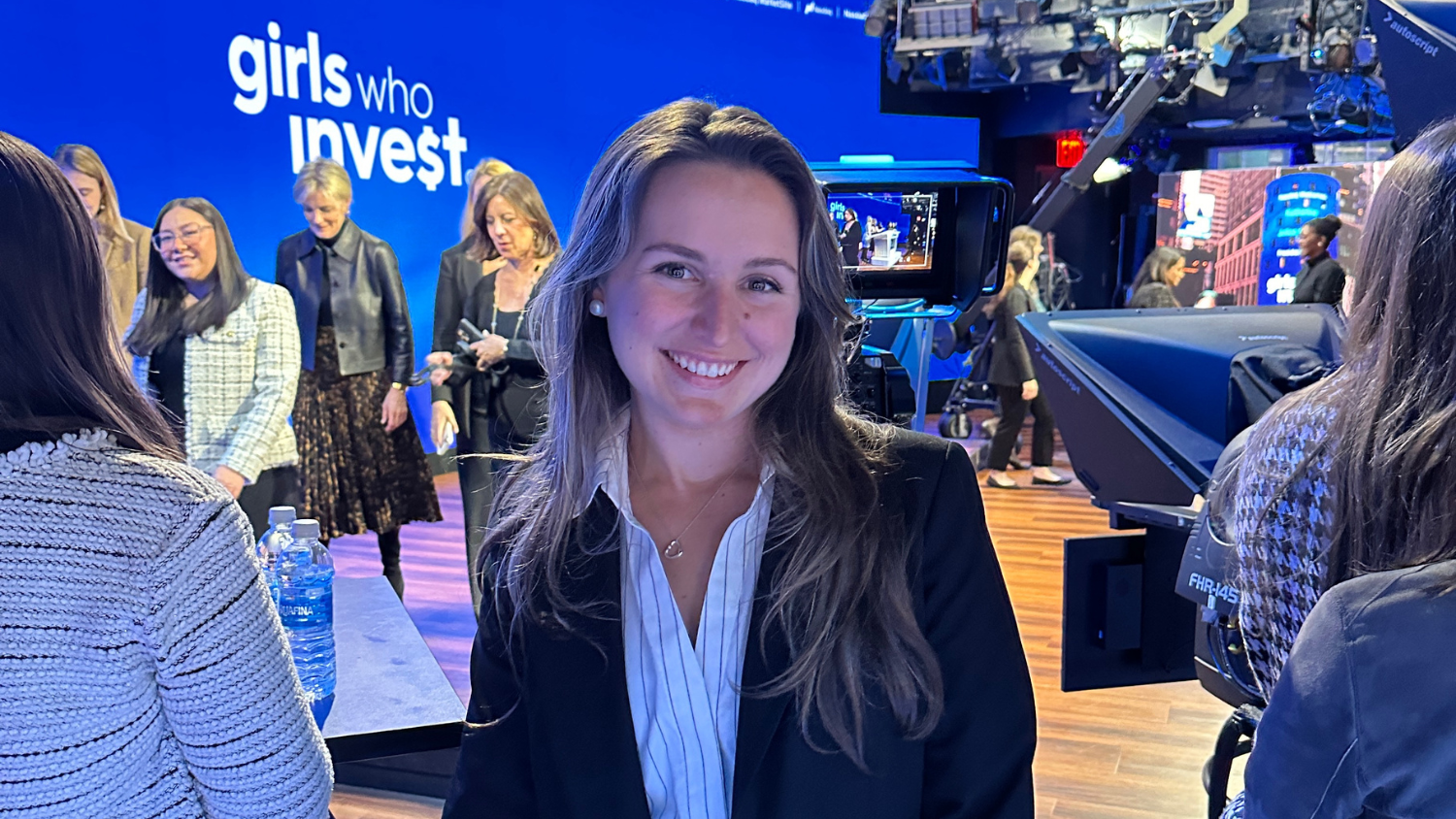Turanay Caner brings decades of industry experience and personal life stories to the classroom in her role as an associate professor of strategic management at the Poole College of Management. Amid all the uncertainties students face throughout their academic years and early careers, Caner is a faithful mentor and friend in helping them discover their passion and place in the world.
Q&A with Turanay Caner
What inspired you to pursue a career in business?
When I was growing up in Turkey, students were expected to choose between business, engineering and medicine. Initially, I was torn between my interest in business and medicine. When my national exam scores admitted me to the top university in Turkey for management at the time, it swayed my decision. I recognized that even if I could not personally save lives as I might have in the medical field, I could work behind the scenes and provide valuable resources for those working on the frontlines of their respective fields. Managers are essential to help any company run smoothly, and I came to enjoy the role I played in enabling others to do their jobs well.
What were some of the highlights from your time in industry?
In the years after completing my undergraduate degree, I switched jobs five times, moved four times between the U.S. and Turkey with my new family and earned MBA and PhD degrees from U.S. universities. I learned to use each change as an opportunity to grow in both my personal and professional life.
When my husband and I returned to Turkey after spending a few years in the U.S., we had our young son with us. I knew I wanted to find a job that would allow me to be a dedicated mother while also contributing professionally to the wider society. Serendipitously, I landed my first strategic management role at Şişecam, a top European glass manufacturing company based in Istanbul. Upon our return to the U.S., I earned my PhD in strategic management from the University of Pittsburgh and chose to pivot to higher education. Coming to Poole was an open door to share lessons from my own life to encourage new generations of students.
What do you enjoy most about strategic management?
While working in management and pursuing my PhD, all my previous years in industry started to make sense. Strategic management helps us see the “why” behind a company. The topic gives me a greater appreciation for corporate objectives because those goals trickle down to every level within a company. The daily work we do may seem mundane, but we are still contributing to the wider society no matter where we find ourselves on the corporate or private ladder.
How have these experiences informed your teaching role at Poole?
My goal as a professor is to help my students see familiar concepts in a new light. Just as I learned to understand business from a strategic lens, I want to help them find their place in the bigger picture. Throughout the years, I have noticed students shift their career focus from making money to making an impact. Our students at Poole are curious to understand how they can contribute to society in meaningful ways. They’re asking why their work matters to themselves and their communities. As a result, I’m encouraged to see more and more students express interest in business consulting across a wide variety of industries. Poole students want to help companies thrive, both economically and socially, and they’re taking the initiative to make those changes.
What advice do you have for students interested in business and strategic management?
The thing I always tell my son, nieces, nephews and students, is that you have to start by being a kind person. You must have kindness in your pocket. It makes you more collaborative, willing to listen and open to new ways of thinking or accomplishing a goal. Once you have that foundation, you must also be curious and creative in how you interact with the world around you.
Also, don’t work solely for the financial reward. If you work hard, financial rewards will follow, but you shouldn’t be motivated by a large paycheck alone. It’s cliché but true that you must love the work you do. Even if you do not like your first few jobs, and even if you are not making much money in the beginning, use these opportunities as a time to explore your options. It’s okay to take time to figure out what you love and develop small action steps to achieve your bigger goals.
How do you typically spend your time outside of the classroom?
When I’m at home, I spend a lot of time cooking and keeping everything tidy. But I also make sure to read, do yoga and go on nature walks. I also try to take time to recenter and reflect on how far I have come since being a student. After so many unexpected life changes, I am grateful to be in a steady place where I can balance my family responsibilities with a rewarding career.
- Categories:



